— Enrolling in ACTION-1 study, a Phase 1b/3 trial of RYZ101, for treatment of neuroendocrine tumors
— FDA clearance of second Investigational New Drug Application for RYZ101 in small cell lung cancer
— RYZ101 positioned to be the first approved Actinium-225 radiopharmaceutical therapy for the industry
SAN DIEGO, California, September 13, 2022
RayzeBio, Inc., a targeted radiopharmaceutical company developing an innovative pipeline against validated solid tumor targets, today announced significant progress in clinical development of its lead product candidate, RYZ101. RYZ101 is an investigational, targeted radiopharmaceutical drug designed to deliver Actinium-225 (Ac225), a highly potent alpha-emitting radioisotope, to solid tumors expressing the somatostatin receptor (SSTR).
- The Company is enrolling patients in the Phase 1b portion of the ACTION-1 Phase 1b/3 trial of RYZ101 (NCT05477576). Safety, tolerability, and pharmacokinetics of RYZ101 will be evaluated in patients SSTR+ gastroenteropancreatic neuroendocrine tumors (GEP-NETs) who have progressed on Lu-177 labelled somatostatin analogue therapy. Enrollment is progressing as planned and RayzeBio expects to announce data from the trial in 2023.
- Additionally, RayzeBio received Investigational New Drug Application (IND) clearance from the U.S. Food and Drug Administration (FDA) to investigate RYZ101 for first-line treatment of patients with SSTR+ extensive-stage small cell lung cancer (ES-SCLC) in combination with standard of care.
- RYZ101 is positioned to be the first approved Ac225 radiopharmaceutical therapy for the industry.
“Clinicians and patients are very excited about the mechanism of action of RYZ101 and the advantages it offers. Significant interest is growing to explore Ac225, a highly potent radioisotope, for treatment of solid tumors. We believe RYZ101 has strong scientific rationale for treatment of both GEP-NETs and small cell lung cancer. We are very encouraged with the level of interest we have seen in the program and look forward to reporting results from RYZ101 in due course” said Susan Moran, M.D., M.S.C.E., Chief Medical Officer of RayzeBio.
“Ac225 has the potential to provided increased efficacy compared to existing beta particle therapy, and we are excited to see the first randomized phase 3 trial evaluating an actinium labeled compound (RYZ101). ACTION-1 will study this treatment in patients with advanced neuroendocrine tumors of the GI tract and pancreas, who have limited effective treatment options. This trial will be the next step forward in improving treatment of these patients,” said Dr. Thomas Hope, M.D., Vice Chair of Clinical Operations and Strategy in the Department of Radiology. Dr. Hope is the chair of the steering committee for the phase 3 portion of ACTION-1 study.
As referenced in another press release issued today, RayzeBio has raised $418 million in equity capital since inception in 2020, including $160 million raised in a Series D financing, to advance targeted radiopharmaceutical therapies for cancer.
About gastroenteropancreatic neuroendocrine tumors
Gastroenteropancreatic neuroendocrine tumors, or GEP-NETs, are rare tumors with an incidence of approximately 18,000 patients annually in the United States. Despite this low incidence, many GEP-NETs follow an indolent disease course and thus the prevalence of patients with GEP-NETs in the United States is considerably higher, but still considered an orphan disease. The prognosis for patients with GEP-NET tumors depends on tumor grade and other histopathologic characteristics. Approximately 80% of GEP-NETs express the somatostatin receptor type 2 (SSTR2). Lutathera is a targeted radiopharmaceutical therapy comprised of a somatostatin analog peptide labeled with the beta-emitting radioisotope Lutetium-177 (Lu177), which received regulatory approval for treatment of adult patients with SSTR+ GEP-NETs in Europe and the United States in 2017 and 2018, respectively. However, most patients who receive Lu177-based somatostatin therapies eventually experience tumor progression and have limited subsequent treatment options.
About RYZ101
RYZ101 is an investigational targeted radiopharmaceutical therapy, designed to deliver a highly potent radioisotope, Actinium-225 (Ac225), to tumors expressing SSTR2. RYZ101 is being evaluated in clinical studies for patients with SSTR+ GEP-NETs who have previously been treated with Lu177-based somatostatin therapies and also in patients with extensive stage small cell lung cancer. Details of the study can be found at https://clinicaltrials.gov/ct2/show/NCT05477576
About RayzeBio
RayzeBio is a biotechnology company focused on improving outcomes for people with cancer by harnessing the power of targeted radioisotopes. With a focus on clinically validated solid tumor targets, RayzeBio is developing novel drug conjugates to deliver potent therapeutic radioisotopes such as Actinium-225, an alpha-emitter. The company is backed by a syndicate of sophisticated healthcare investors and was established in 2020. For additional information, please visit www.rayzebio.com
Contact: Arvind Kush
Email: info@rayzebio.com
